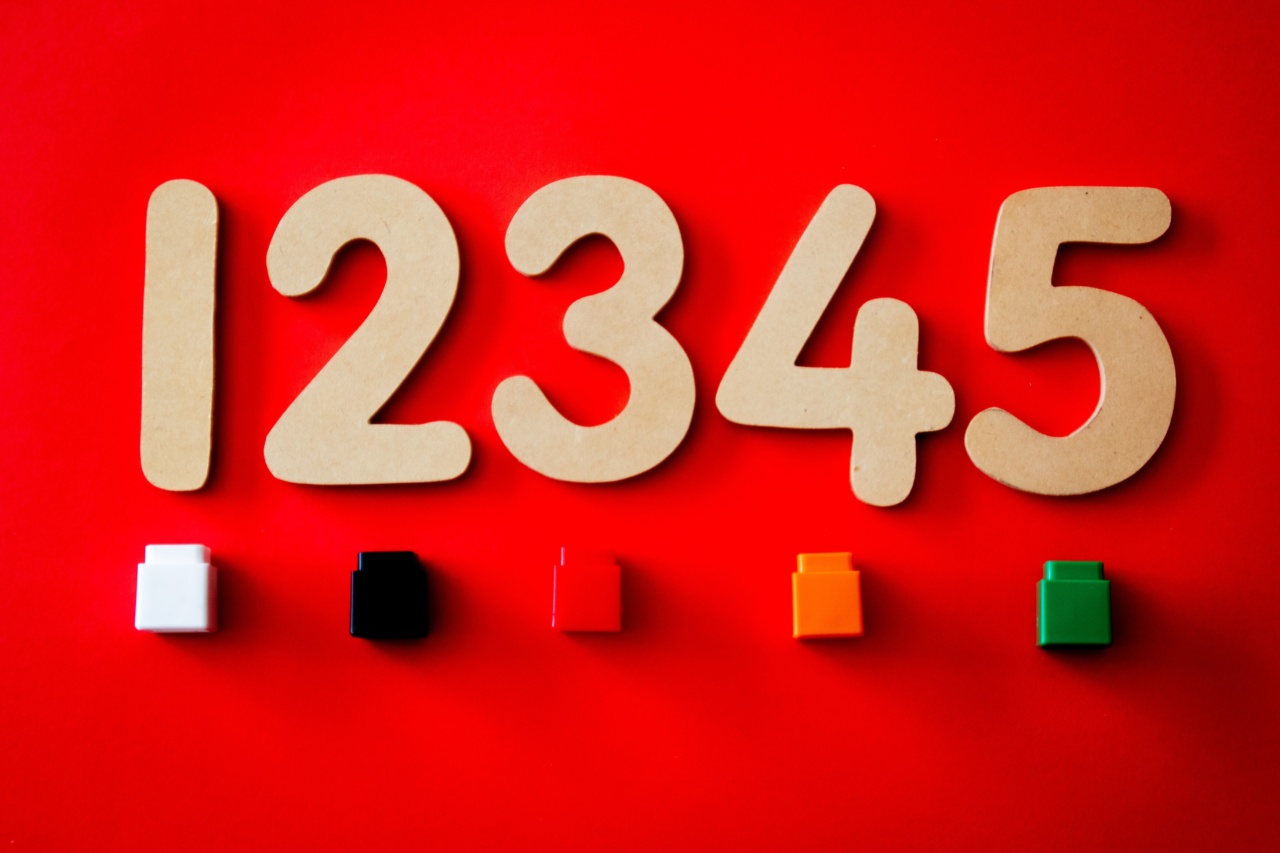Depression is a mental health disorder that affects millions of individuals worldwide. The World Health Organization (WHO) estimates that more than 264 million people worldwide suffer from depression.
Depression is a serious condition that affects an individual’s thoughts, feelings, and behavior. People with depression experience low mood, loss of interest in activities, decreased energy, and a sense of hopelessness. Depressive episodes can be challenging to manage, and some individuals may experience multiple episodes throughout their lives.
What is Depression?
Depression is a mental health disorder that affects an individual’s mood, thoughts, and physical functioning.
Depression can occur at any age and can be caused by various factors, including genetics, hormonal imbalances, and life events such as trauma, stress, or grief. Depression is more than just feeling sad; it is a persistent feeling of sadness, hopelessness, and worthlessness that lasts for weeks or months.
What Are Depressive Episodes?
A depressive episode is a period of time when an individual experiences significant symptoms of depression.
Symptoms of a depressive episode include feeling sad or hopeless, losing interest in activities, having sleep disturbances, or experiencing significant weight changes. Depressive episodes can last for weeks, months, or even years. The severity of depressive episodes can vary, with some individuals experiencing mild symptoms while others experience more severe symptoms.
Experiencing Multiple Depressive Episodes
Some individuals with depression experience multiple depressive episodes throughout their lifetime. A study conducted in 2020 found that some people with depression have four or more depressive episodes in five years.
Depressive episodes that occur frequently, or in rapid succession, can have a significant impact on an individual’s daily life, work, and relationships.
Factors That Increase the Likelihood of Multiple Depressive Episodes
There are various factors that can increase the likelihood of experiencing multiple depressive episodes. These include:.
- Family History: Individuals who have a family history of depression may be more likely to experience multiple depressive episodes.
- Lack of Treatment: Individuals who do not receive treatment for their depression may be more likely to experience multiple depressive episodes.
- Substance Abuse: Substance abuse can increase the likelihood of experiencing multiple depressive episodes.
- Stressful Life Events: Significant life events, such as divorce, job loss, or the death of a loved one, can increase the likelihood of experiencing multiple depressive episodes.
Managing Multiple Depressive Episodes
If you are experiencing multiple depressive episodes, it is vital to seek professional treatment. Treatment for depression typically involves a combination of medication and therapy.
Medications such as antidepressants can help alleviate symptoms of depression, while therapy can provide individuals with coping strategies and tools to manage their symptoms.
It is also essential to take care of yourself during depressive episodes. This includes getting enough sleep, eating a healthy diet, and engaging in regular exercise.
Individuals with depression may also benefit from mindfulness practices such as meditation or yoga.
Conclusion
Experiencing multiple depressive episodes can be a challenging and distressing experience. Still, it is essential to seek professional help and take care of yourself during these episodes.
Multiple factors can increase the likelihood of experiencing multiple depressive episodes, including family history, lack of treatment, substance abuse, and stressful life events. With proper treatment and self-care, individuals with depression can manage their symptoms and live fulfilling lives.






























